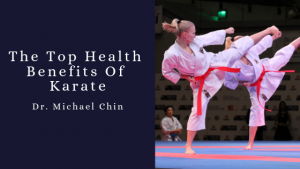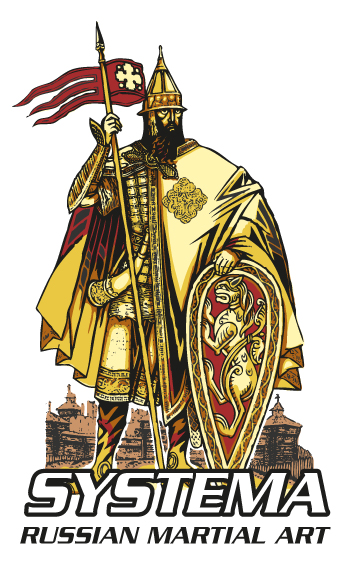People continue to talk about karate at increasing rates, especially as the practice has become more popular in recent years. Known as a type of martial arts, karate originates back to China. With more knowledge and understanding of what karate is and the health benefits that it has, people around the world are trying the practice out at higher rates. With this in mind, let’s examine some of the top benefits of practicing karate.
More Active Lifestyle
One of the most obvious benefits of karate is the positive influence it can have on one’s health. In karate, a person is trained on striking moves, which can include punches, kicks, and knee strikes, and typically requires a sustainable fitness level. Because of this, karate continues to be highly recommended for helping to maintain an active, healthy lifestyle.
To best prepare for a season, many professional athletes have found that incorporating karate can help them achieve their peak fitness levels, as the physical discipline and training that one gets from karate continues to be nearly unmatched. According to an article from Evolve, karate can burn up to 1,000 calories per hour, providing an efficient and heart-pumping workout. By incorporating karate and martial arts into their training, not only can it help professional athletes to attain their physical goals, but anyone who wants to begin practicing a more active lifestyle.
Improved Mental Health
In addition to helping keeping your body in physical shape, it is also considered a highly beneficial practice for one’s mental health. How exactly can karate help with one’s mental health? To begin, karate and martial arts as a whole are a practice that is meant to be approached as a way to get the most out of your life physically, but mentally and spiritually as well. Because of the more intricate, difficult approach to karate, individuals who practice karate often find that their mental health has improved as a result of the discipline that is required. As one practices karate over a longer period, they may find that their overall mood and energy levels have improved.
The mental and physical benefits not only make karate a great practice to think about implementing in one’s life, but it can also help you find an active lifestyle that works best for you.




 When you search “what’s the difference between MMA and karate?” online, there are no shortage of applicable answers. Googling “what’s the difference between MMA and systema” or “What’s the difference between karate and systema?” yields far fewer relevant results, but that doesn’t mean Systema is any less legitimate a martial art.
When you search “what’s the difference between MMA and karate?” online, there are no shortage of applicable answers. Googling “what’s the difference between MMA and systema” or “What’s the difference between karate and systema?” yields far fewer relevant results, but that doesn’t mean Systema is any less legitimate a martial art.
